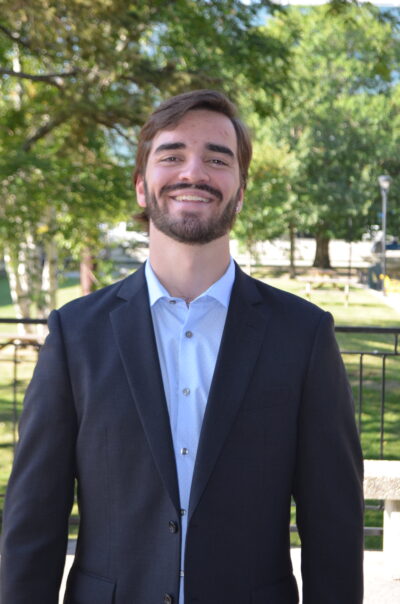Undergraduate Summer Research Experience 2021
Historically, higher education has played a huge role in achieving transformational societal change. Studies show that students undergo profound changes in epistemological assumptions and in identity during their university years. This provides the opportunity for universities to influence profound growth amongst students. Giving universities the chance to promote more change than any regulatory or market systems, by fostering future generations of citizens who will steer society in a more sustainable direction. As far as we’re concerned, it is a university’s responsibility to help society move towards more sustainable futures.


Now, more universities are engaging in education for sustainable development. Business schools around the globe are teaching responsible management and other types of sustainability education, and the Sprott School of Business is doing the same!
Studies show that successful strategies of education for sustainable development depend on a good understanding of the knowledge, attitudes and beliefs held by students. So, to help Sprott School of Business create successful strategies for education, we studied through a survey Sprott students’ attitudes perceptions and understanding of environmental sustainability.
Our survey allowed us to gauge the knowledge and attitudes of Sprott students on environmental sustainability challenges and issues in several different industries. We asked students to rate their familiarity, perceived relevancy to business students, and their interest in learning more about environmental sustainability issues across 11 different business sectors. We then used this data to inform our research team of content to be included in an upcoming course – Business and Environmental Sustainability II.
Our findings show that Sprott students are aware of their lack of knowledge of environmental sustainability issues. Familiarity with each sector was lower than both relevancy of that knowledge and interest in that knowledge.
Sprott students rated their familiarity highest for sectors like retail, energy, and transportation. This is unsurprising since environmental issues in these sectors issues are highly visible in the media. It is common to see discussions of rising oil prices, electric cars, and fast fashion brands being snubbed for greenwashing in the media today. What surprised us most was that the finance and banking sectors scored lowest for student familiarity, far behind any other industry, yet many would expect business students to have higher knowledge in this area!
A wonderful thing to see from our results was the elevated level of interest in learning about environmental challenges in each area of business. Interest rated higher than familiarity and relevancy across the board, sometimes even dwarfing familiarity (cough, cough, finance and banking, cough). Interest was highest in retail, transportation, energy, natural resources, and waste management. Therefore, these industries will be covered in the course by knowledgeable and established industry speakers.
As a final question, we asked students to provide any feedback, ideas, or concerns that they had about the development of the course. We received great feedback, directly from students just like us. Most students voiced their excitement for the course, hoping to be able to take it soon (or eventually for some first years). While some shared ideas, such as a suggestion to cover the topic of fast fashion, moving towards a circular economy, and ensuring the course is taught with an emphasis on critical analysis.
We also had a few negative comments, such as:
“I personally don’t care about any of this. Business students don’t need a science class. We need courses that can give the students more real world skills that could be used for good.”
However, this isn’t a science course. It is a business course, showing how environmental sustainability issues are approached from the experience of business managers and employees. In this course, participants will dive into topics and debates that will help students learn more about economics, policy, and the intersectionality of environmental issues tackling the many pressing and systemic environmental challenges of business today.
We have learned a lot over the last few months working on this research. This research project allowed us to flex our academic muscles. We know more about running surveys than before. We learned that creating a well-thought-out survey that provides useful data is easier said than done. And we learned that getting students to both see and answer a survey can be challenging, especially during the summer. Although our study produced a small pool of data from just one business school, we are very hopeful the results will be used to encourage the development of meaningful course content in environmental sustainability.
The Undergraduate Summer Research Experience was challenging but rewarding. We have learned that Sprott has students who care deeply about environmental sustainability and want to learn more about the challenges businesses face. We learned that students have an interest in the future course Business and Environmental Sustainability II and other sustainability-centered courses here at Sprott. With so many students interested in learning more about sustainability and business, we look forward to a brighter future for everyone.
We would like to thank our supervising Professors; Dr. Ruth McKay and Dr. Gary Martin. We would also like to thank Sprott faculty and staff, both for the opportunity to be involved in this research project as well as the support along the way. Finally, we’d like to thank the Sprott Student’s Business Society, without whom we would not have had any data to support our project!